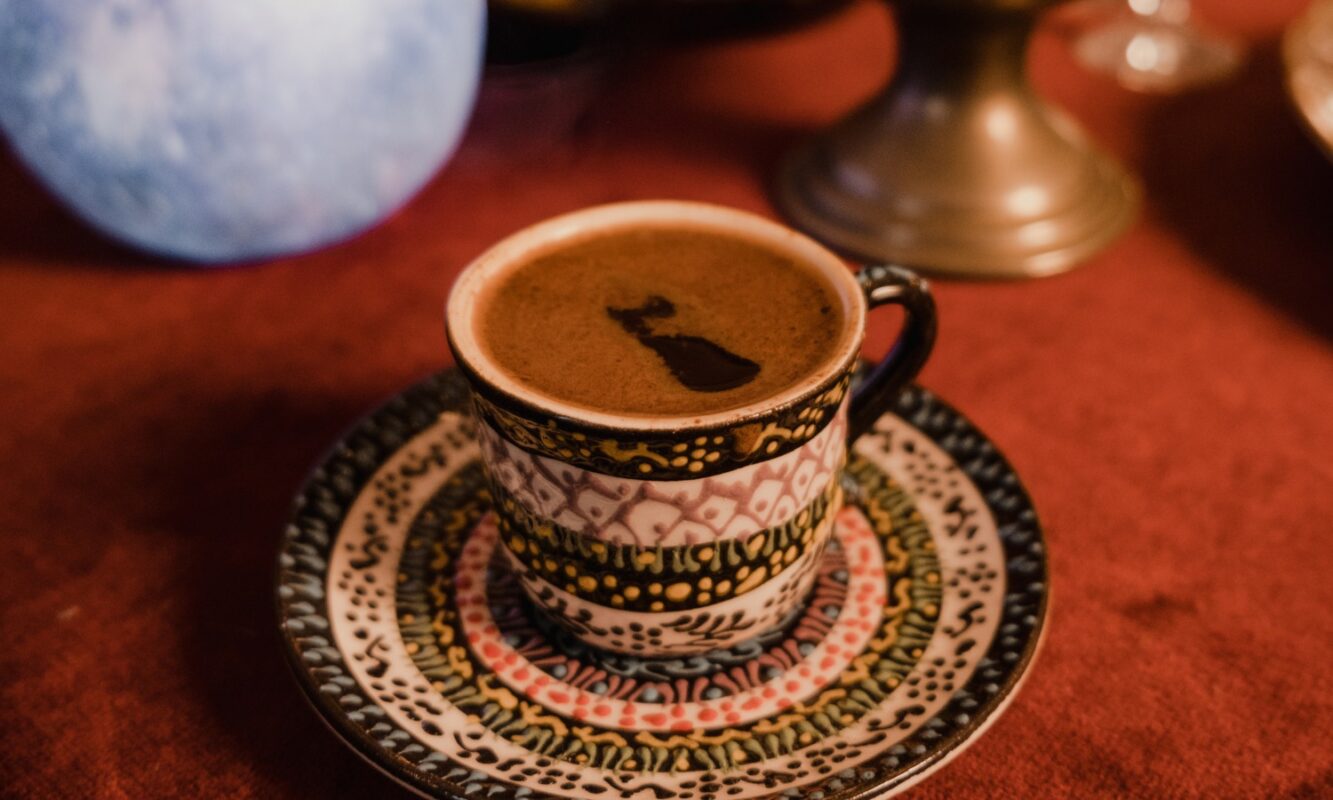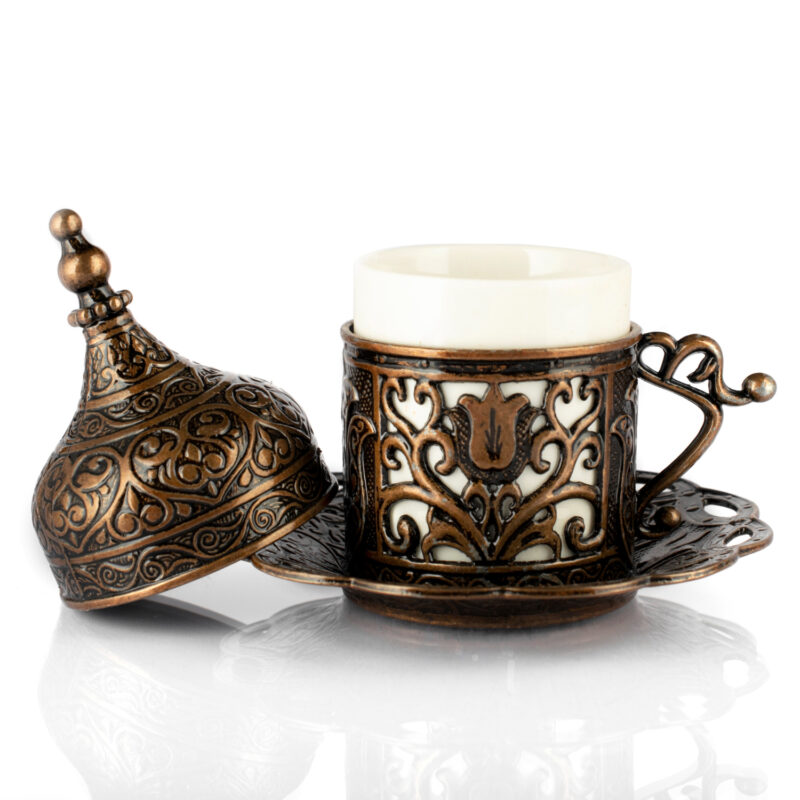The Story Behind The Famous Turkish Coffee

Turkish coffee was first introduced into Turkey around 1540 or so. History tells us
that it was introduced by the Turkish Governor of Yemen – Ozdemir Pasha. He
discovered a new beverage in his region.
Wisely, he made sure to bring it to the attention of the Sultan, Suleiman the Magnificent.
There two version of story about origin of coffee in Turkey.
First one is sayinng that in 1554 two Syrian men named Hakam from Aleppo & Shams from Damascus moved to Istanbul bringing coffee beans to Turkey. They opened separate coffee shops in the commercial district of Tahtakale following the idea of Yemen’s shops.
Second version is saying that: Özdemir Pasha, who served as governor in Yemen in 1517, tasted this coffee and brought it to Istanbul and he made sure to bring it to the attention of the Sultan, Suleiman the Magnificent.







